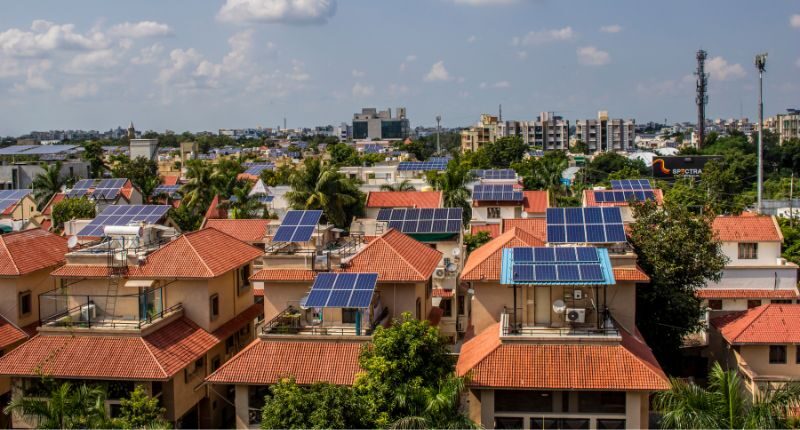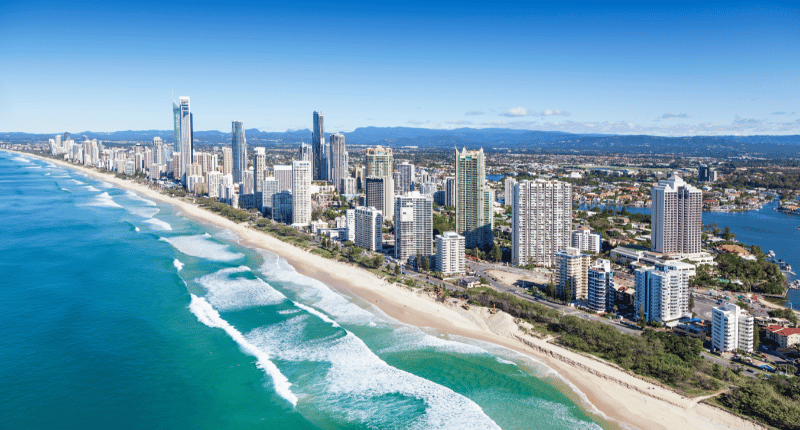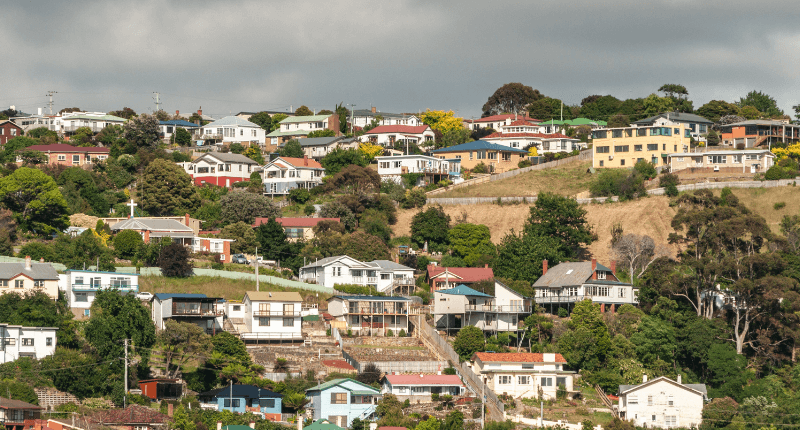- A 10kW system is priced between $7,500 and $10,500.
- Homes with solar installed are valued on average $125,000 higher than those without
- Homes with solar appeal to tenants
Opting for solar comes with a significant upfront investment cost, but one that can often pay off in the long run in both increased home value and lower energy bills.
Solar installation can come at a hefty price with a typically sized 6kW Solar Photovoltaic (PV) System costing anywhere between $4,000 and $6,000 in most states. A 10kW system is priced between $7,500 and $10,500.
Despite the initial investment, 3.2 million Australian households (32%) own a solar energy system according to the latest Roy Morgan research from June 2022. This figure has skyrocketed from 1.32 million households (14% of households) in 2018.
Research from Domain reveals that the investment often pays off as homes with solar installed are valued on average $125,000 higher than those without.
Domain chief of research and economics, Nicola Powell, did note that homes with solar also tended to be newer, contributing to the premium.
Smart Energy national sales manager Liam Navon explains that installing solar can be a great option for those looking to increase the value of their home.
“While you can give your home a makeover with a fresh lick of paint or new floors, installing solar will continue to benefit you in the long run.”
Liam Navon, Smart Energy
“Not only are sellers likely to see an investment when listing a property, but homeowners can also reap the benefits while they’re there,” he said.
So, why does solar increase property value?
Homes can sell faster
Homeowners have been known to sell their homes at a quicker rate when they have solar panels installed. The US National Renewable Energy Laboratory found homes with solar panels sell 20% faster compared to homes without solar.
“The fact that the Australian public views solar energy so positively makes this an attractive selling point for a home,” Mr Navon said.
Solar saves money
“The rising price of electricity in Australia has prompted households to look into having more control over their energy bills,” Mr Navon explains.
Producing energy allows households to cut their energy bills.
Thanks to feed-in tariff plans that most solar customers sign up for, households can make money from their solar systems. Under the plans, any solar energy not used goes back into the grid with households receiving a rebate.
Australian energy providers will generally offer a rate of between 7-11 c/kWh.
Appeals to tenants
For investment properties, solar panels can make a home more appealing to prospective tenants who benefit from solar energy during their tenancy.
“A solar panel-equipped home can also appeal to renters, who may be willing to pay more rent with the trade-off of cheaper electricity bills,” Mr Navon explains.








